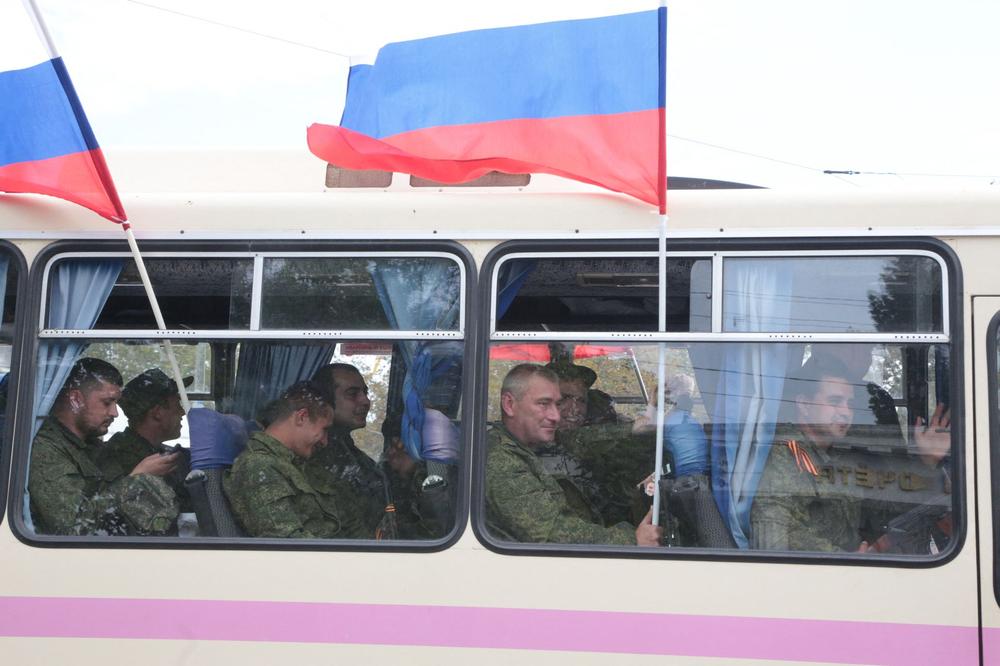Russia is struggling to meet its mobilization goal for 2025 in occupied Crimea, data provided to the Kyiv Independent by Ukraine's Center of National Resistance shows.
In occupied areas of Ukraine, Ukrainians are forced to take Russian passports which make them eligible for conscription into the Russian army. Forcing Ukrainian citizens in occupied territories to join Russia's armed forces is a war crime and violates the Geneva Convention on the Protection of Civilian Persons in Time of War.
Russia holds conscription drives twice a year, in spring and fall. This autumn’s draft will run from Oct. 1 to Dec. 31.
According to the Center of National Resistance, it won't be enough to meet the annual targets in occupied Crimea, with only 963 of 1,636 people mobilized, or 59% of the annual target.
The highest rates were recorded in the Krasnoperekopsky district (76,5%), Alushta (64,9%), Yalta (63,7%), Armyansk (62,8%), Simferopol district (62%).
The lowest rates were in the Bahchysaray district (45,4%), the Lenin district (51,3%), and the Chornomorsky district (54%). The Kyiv Independent could not verify the figures.
Crimea has been under occupation since Russia illegally invaded and annexed the peninsula in 2014. While all men living in Crimea are eligible for mobilization, the EU has previously said that Crimean Tatars are "deliberately and disproportionately targeted."
"To catch up with the annual plan, the occupiers (Russia) would have to sharply increase the pace to about 224 people per month, which is twice the average pace since the beginning of the year," a spokesperson for the center told the Kyiv Independent.
They added that the latest conscription campaign would be unlikely to increase the pace in the number of people mobilized, but will provide Russia with more opportunities to recruit contract soldiers.
By Russian law, conscripts can serve only within Russian territory and can not be deployed to the war in Ukraine, though independent reports suggest that despite official assurances, many conscripts face pressure to sign contracts with Russia’s Defense Ministry that can lead to deployment abroad.
"This is a long-standing practice," the spokesperson for the center said, adding: "Immediately after conscripts are sent to their units, intensive campaigning begins — promises of increased pay and ‘social packages,’ pressure on families, administrative leverage from universities or employers.
"Some conscripts are given an ultimatum — sign a contract or face worse conditions of service/transfer. The effect of this model is not a sharp jump in numbers in the autumn, but a gradual increase in ‘voluntary-compulsory’ contracts within 1-3 months after conscription."
The spokesperson said at least 5,500 people were mobilized in Crimea in 2024, or 104% of the target for that year.

 The SUV that saved Porsche goes electric, and the tech is interesting
The SUV that saved Porsche goes electric, and the tech is interesting